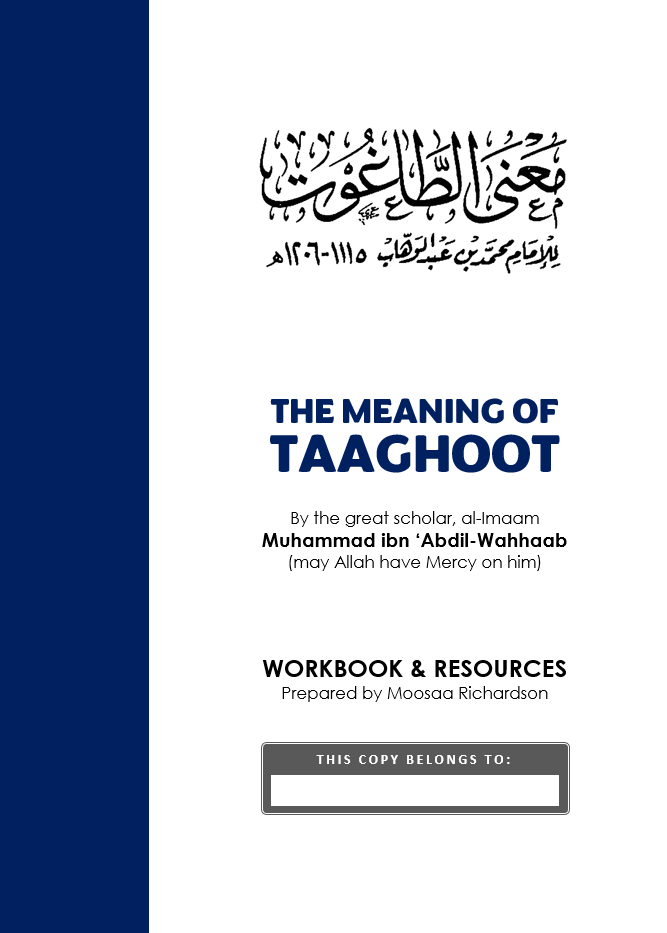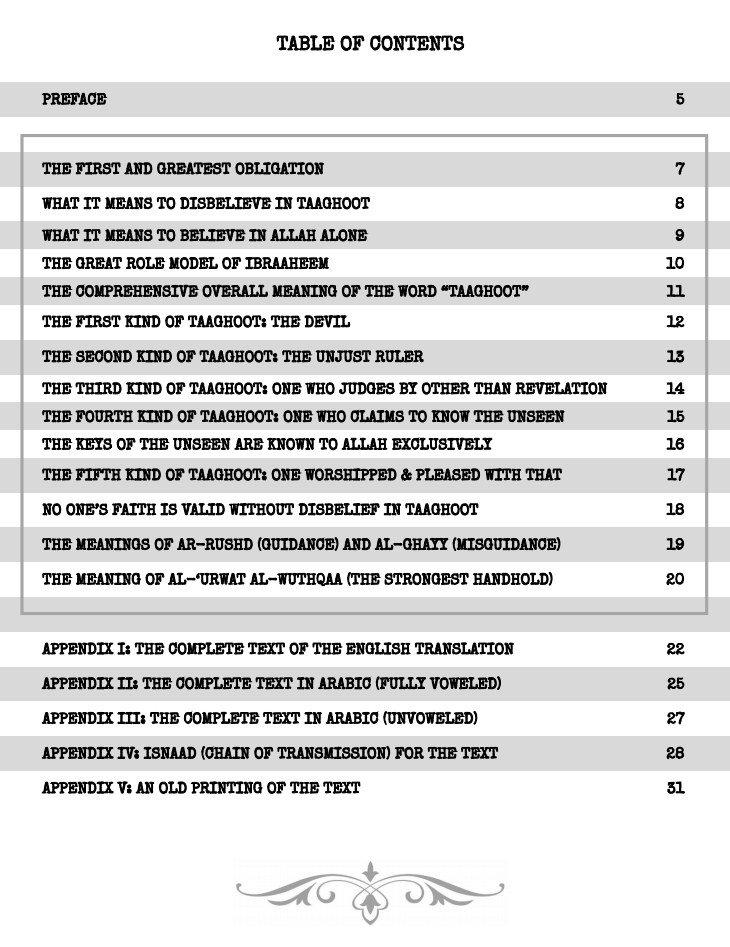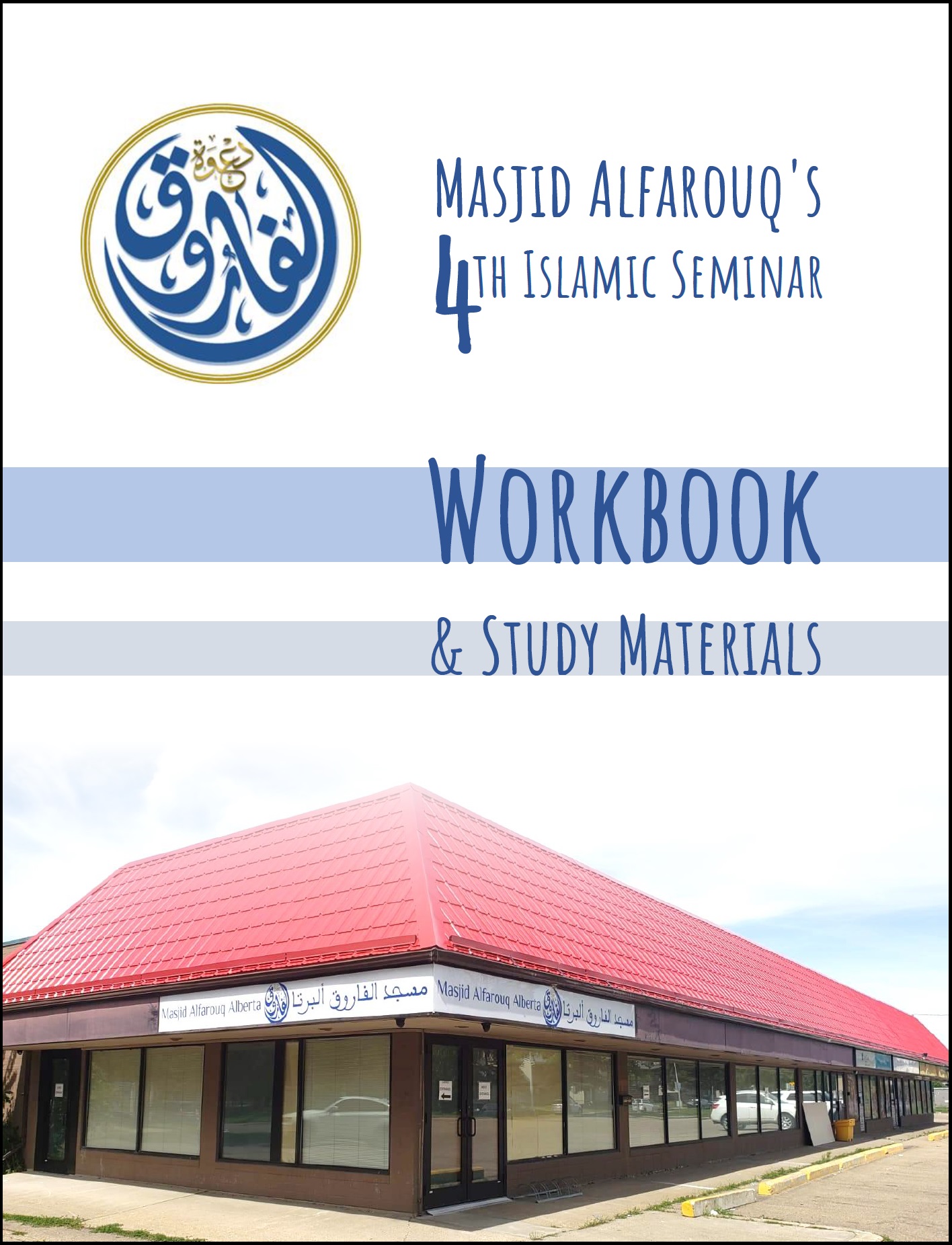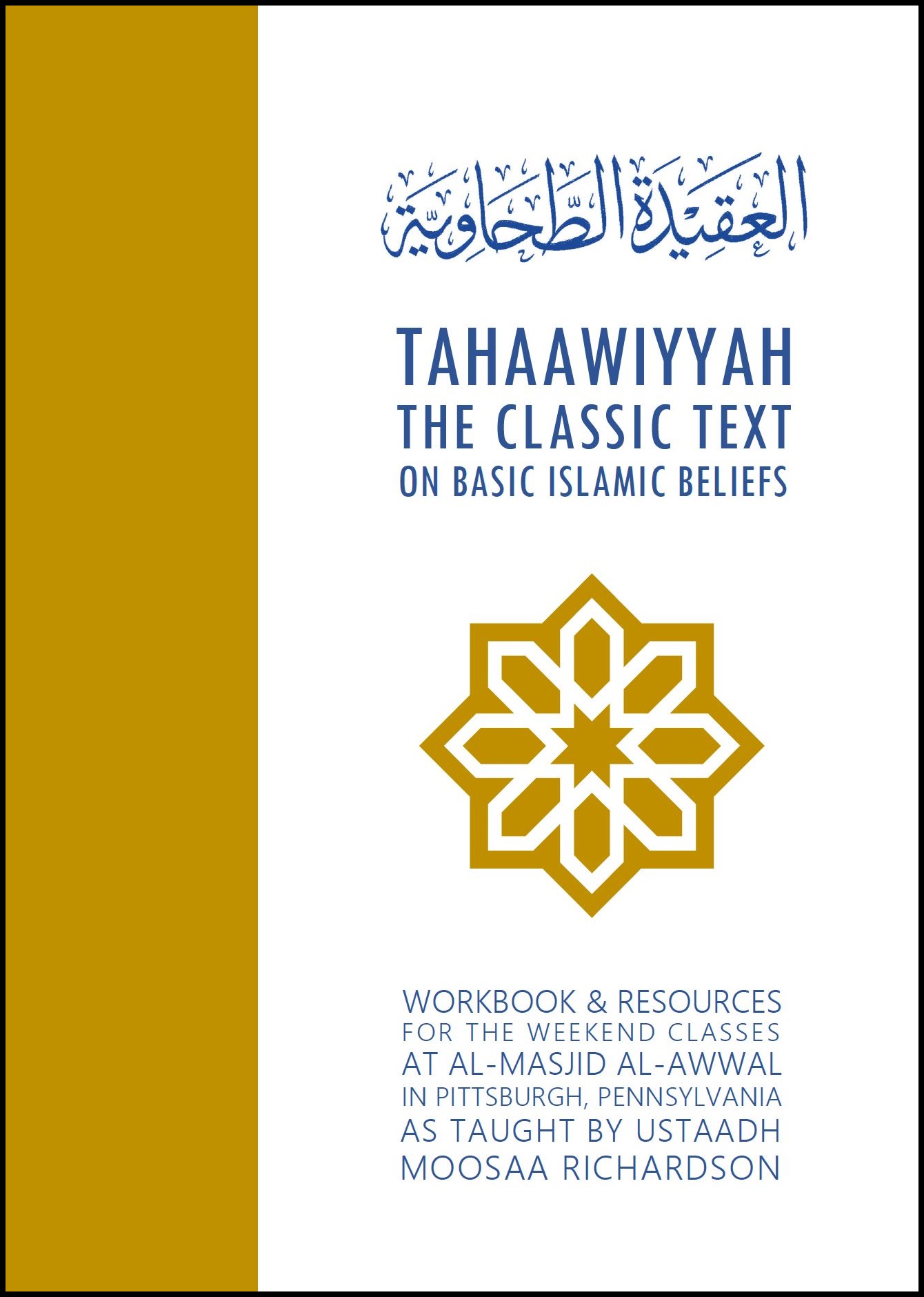In the Name of Allah, the Most Gracious, the Ever Merciful…
The great scholar, Shaykh ‘Abdul-‘Azeez ibn Baaz (may Allah have Mercy on him), was asked the following question:
QUESTION: Teachers focus so much on matters of ‘aqeedah (creed) in their call. It is well known that it is of great importance, and it has a great status, since establishing a foundation of creed is the great focus of Islam, however we hope you could re-direct our focus on social manners and repelling lowly manners when building the creed. And why is it that most often scholars neglect this so much?
ANSWER: In each case, it is well known about the scholars that they focus on this and that. ‘Aqeedah -as you have mentioned, O questioner- is the central focus. It is the foundation. Yet with this, most of the people of knowledge in the various lands do not focus on ‘aqeedah, despite what you have said. They speak about manners and other things, about prayer, zakaat, prayer timings, and other things. ‘Aqeedah is neglected, so much so that graves are being worshipped in their midst, things beside Allah! Shirk (polytheism) has even taken place among them, yet they do not even sense it!
The scholar himself may even fall into associating partners with Allah, as he lived upon shirk with his father, with his uncle, and with his teacher. They lived their lives committing shirk due to some reasons: They did not speak about ‘aqeedah. They did not have any focus on ‘aqeedah.
You find him teaching, yet worshipping other than Allah. You find him in the masjid teaching, but then he supplicates to al-Badawee, or he supplicates to al-Husayn, or ‘Abdul-Qaadir, because he has lived his life like this, he and his father, and his grandfather, and his peers. This is from the results of neglecting ‘aqeedah and not focusing on ‘aqeedah.
You find him to be an insightful expert on the rulings of divorce, endowments, rental (or work) contracts, zakaat, bequeathals, and other things, because he studied them and focused on them. As for ‘aqeedah, then he does not focus on it, nor does he know it.
Even when he is good [not committing shirk], he still focuses on the ‘aqeedah of the people of rhetoric, along with what such people delve into of rhetoric, and the beliefs which are taught by the people of rhetoric among the Ash’ariyyah, Jahmiyyah, and Mu’tazilah [cults]. He is heedless about the Salafee ‘aqeedah, held by the companions of the Messenger (may Allah raise his rank and grant him peace), what was held by our righteous predecessors of affirming the Names and Attributes [of Allah], issues of belief in Allah, the towheed of worship, and not associating partners with Allah, the Mighty and Majestic, and focusing on these matters.
Thus, it is extremely important as an emphasized duty that one must focus on ‘aqeedah. Let the scholars focus on it when they clarify matters to both the common people and the elite. Let the lessons be primarily focused on it, while they still give focus to manners and other rulings. Neither this nor that should be neglected, yet let the greater focus be on ‘aqeedah.
Shaykh Muhammad [ibn Ibraaheem] (may Allah have Mercy on him) used to say in his writings to some his opponents who would write to him, debating issues of ‘aqeedah: “I want you to study ‘aqeedah like how you study the Chapter of Endowments.” Meaning: As you study and give great focus to issues of endowments between the people, I hope you would study ‘aqeedah, the chapter about rulings on the apostate, with the same attention you give to the chapter on endowments.
If they were to study the chapter on rulings on apostates in the books of Fiqh written by the scholars of each math-hab, if they would only study the chapter about apostates and focus on it, the falsehood and polytheism they have fallen into would become clear to them. Yet, they are heedless about that chapter, as they do not encounter any questions about it, nor is there any focus on it. Instead, you find them busy with issues of endowments and their caretakers: How should the endowment be executed? How should extra profit from an endowment be dealt with? How about rent, how should it be rented? How should people interact with the orphan’s estate?
They are occupied with these [things], yet they have neglected ‘aqeedah, since they have no focus on it, and since the common people do not ask about it. Thus, it dried up, and they lost focus on it. People then began to fall into obvious acts of associating partners with Allah, worshipping graves and righteous people. Due to this neglect, you find al-Badawee and others, So-and-So and So-and-So, in Egypt, the Levant, Iraq, and every place, are worshipped along with Allah, while the scholars are dressed in turbans, calling to that, doing that along with the common people.
They’ve caused confusion about this matter, and neglected it, as they did not give it any attention, so much so that the common people have fallen into shirk because of them. They now remain at gravesites in dedication, calling upon them along with Allah, seeking relief from them, asking them to fulfill their needs, heal them, and grant them victory over their enemies. These kinds of things are happening among the people. Anyone who would deny this who travels to other lands, go by the grave of al-Badawee, al-Husayn, So-and-So, and So-and-So. You find the people remaining there in devotion. One says: “O my master, Fulaan, Help! Heal my sick [family]! Give me victory over my enemy! Do this or that for me!” So much so, they have even gone so far as to ask them for children, for their wives to get pregnant, or to give them this or that! We ask Allah for well-being! They have disregarded Allah, so He disregarded them; there is no power nor any ability except by way of Allah.
SOURCE: The shaykh’s official website | Arabic Audio (MP3) | Transcript (Arabic & English)
Translated by: Moosaa Richardson (1446.03.03)





